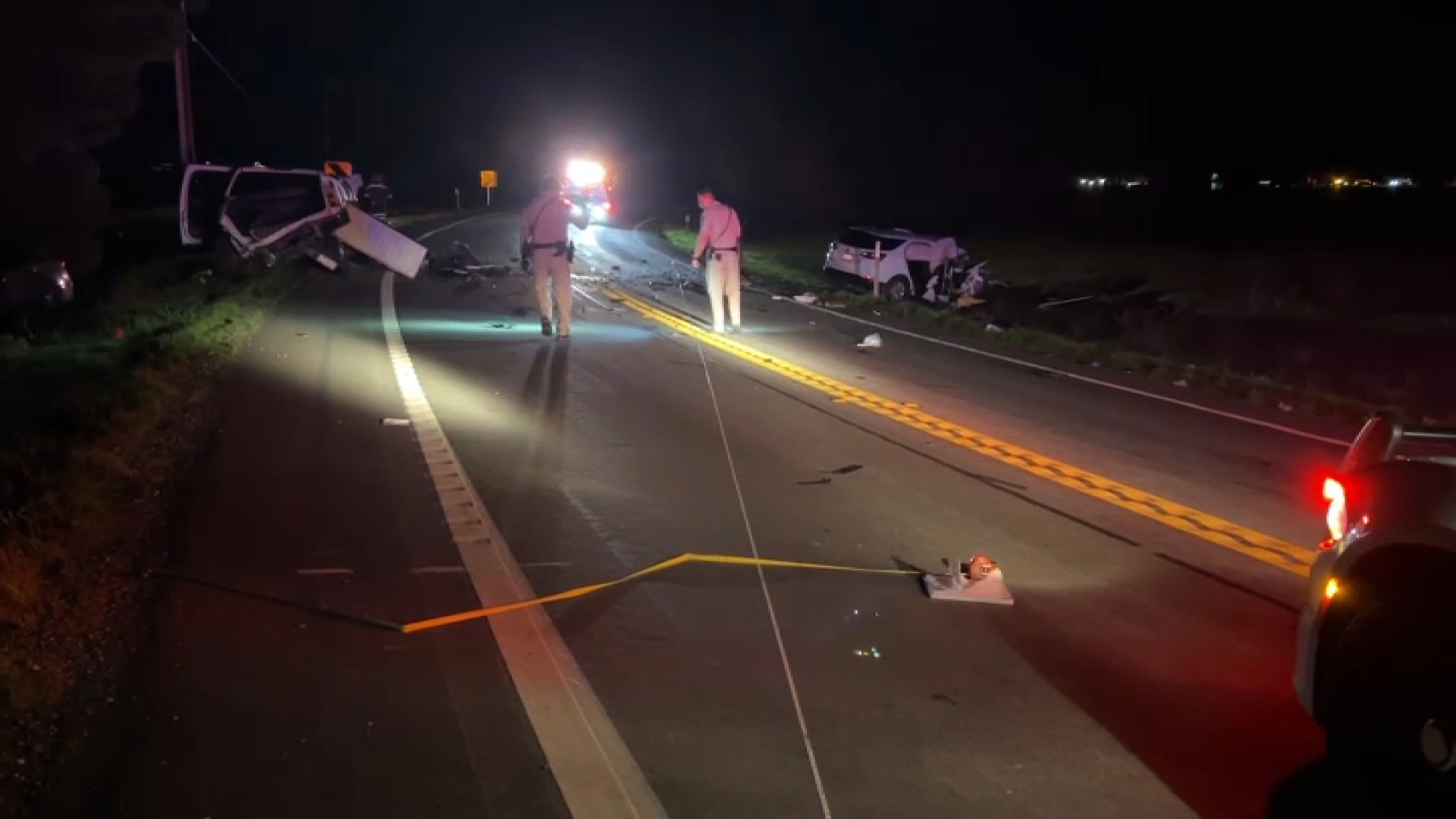Competition for federal funding with cities such as Baltimore and Los Angeles is making Santa Clara County transit officials consider eliminating two of four proposed future BART stations in the South Bay, a spokeswoman said Monday.
The Santa Clara Valley Transportation Authority is currently halfway through building the planned 10-mile, $2.3 billion BART Silicon Valley extension from Fremont to two new stations in the county, Milpitas and Berryessa in San Jose, VTA spokeswoman Bernice Alaniz said.
But the VTA's longer term, Phase II proposal to extend six miles south with four more stations -- three in San Jose and one Santa Clara - at a cost of $4.7 billion is vying for hundreds of millions of dollars with major transit projects throughout the country, Alaniz said.
The contest involves a new set of rules in the so-called News Starts federal program overseen by the Federal Transit Administration, Alaniz said.
Among 13 other big-money transit projects in the running for New Start's federal funds are Baltimore's $2.6 billion Red Line, Los Angeles' $2.4 billion Westside Subway Extension Section 1 and San Diego's $1.6 billion Mid-Coast Corridor Transit, according to the VTA.
"The competition is now fierce," Alaniz said.
The new reality has forced the VTA to examine alternatives to the four-station BART extension to cut costs and give the project a higher "ranking" - such as "high" or "medium high" - to receive U.S. money from the FTA, she said.
Local
"We're looking for a delivery strategy that would qualify us for federal funding," she said.
The Los Angeles project was the only one on the FTA's list to qualify as a "high" priority for funds while the proposals by Baltimore and San Diego were ranked "medium high," according to the VTA.
The VTA's Phase II plan for BART has so far garnered only a "medium low" ranking, the VTA reported.
The FTA considers a number of factors in prioritizing a transit system to receive funds, including potential ridership and the economic impact it would have on the area where it is built, Alaniz said.
The VTA estimated Phase II's building costs at $4.7 billion for underground BART stations in San Jose's Alum Rock district, downtown San Jose and the San Jose Diridon Caltrain station west of downtown, an aboveground station in Santa Clara and a train maintenance facility.
The VTA is assured about $1.4 billion in funds raised by the quarter-cent sales tax from Measure A passed by county voters for the BART extension in 2000 and then $1.1 billion in U.S. funds, but that leaves $3 billion needed to be raised elsewhere, Alaniz said.
For the FTA, Phase II would rate only "medium-low" even if parking facilities for BART riders were eliminated except at the Santa Clara station and the maintenance facility reduced to a lower-priced train storage yard, the VTA reported.
That induced the VTA to look at another option -- only two South Bay stations, both underground, one in downtown San Jose the other at Diridon, and a storage facility, at a total cost of $3.4 billion.
That would mean the VTA would have to seek only about $1.7 billion in extra funding, VTA officials said.
If the VTA's governing board selected the two-station alternative, including no parking facilities to save money, the FTA would rate it "medium high" and increase the likelihood of additional federal money, according to the VTA.
To bring in more local funds to help cover Phase II's costs, the VTA might consider an additional sales tax, among other opportunities, Alaniz said.
Another alterative would be to keep the four-station plan and maintenance yard but relocate the Alum Rock station to 23rd Street in San Jose, thus reducing the amount of expensive tunnel digging, and use an outdoor bridge for BART over U.S. Highway 101, however that choice would mean far more modest savings of $165 million, according to the VTA.
The VTA's staff recommended the options be considered by the Silicon Valley Rapid Transit Working Committee starting in January to coincide with updated environmental reports required by state and federal agencies on the proposed Phase II BART extension, the VTA reported.



